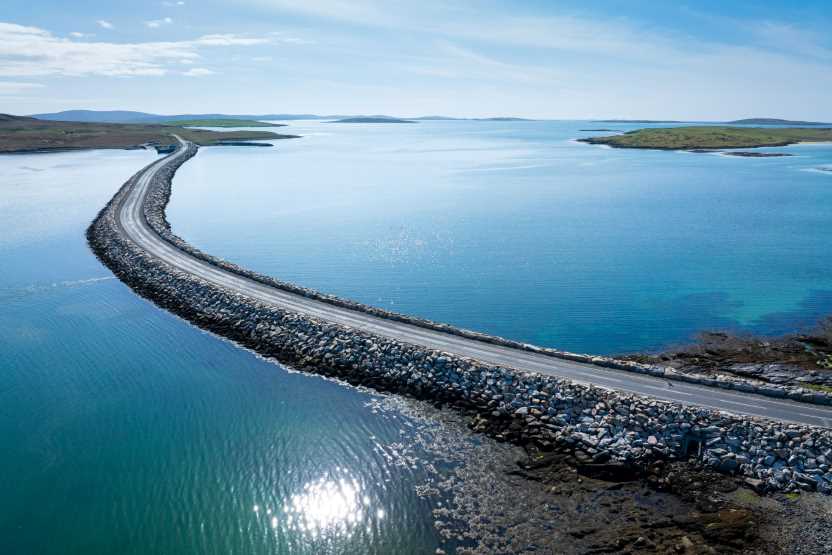- by foxnews
- 26 May 2025
Douglas Ross Calls for Local Exemption from Highland Council's Visitor Levy
- by travelandtourworld
- 25 May 2025
- in travel

Ross emphasized that any future implementation of the tourist levy must include an exemption for Highland residents, particularly those who may need to stay in paid accommodation locally due to hospital appointments or other essential travel.
Under the Bill, local authorities such as Highland Council would have discretion to introduce the levy following a consultation period. The revenue generated could be used to manage tourism-related pressures on infrastructure, roads, and public services.
The Highland region, one of the most popular destinations in Scotland, attracts millions of visitors annually to natural sites such as Loch Ness, the Cairngorms, and the Isle of Skye. However, the area's economy is also heavily dependent on small accommodation providers, many of whom fear that an additional tax could drive tourists away and push them over critical tax thresholds.
The proposed levy has faced strong opposition from the hospitality sector across the region. Many business owners argue that the current design of the levy is flawed and poses a real threat to tourism in the Highlands.
Caithness, Sutherland and Easter Ross Liberal Democrat MP Jamie Stone has echoed these concerns and called on UK Chancellor Rachel Reeves to make any future visitor levy VAT-exempt, which would require coordination between the Scottish and UK Governments.
He stressed that SNP ministers need to recognize the real-life implications of the legislation on rural communities, adding:
According to the Visitor Levy (Scotland) Bill, local authorities are required to conduct public consultations and impact assessments before implementing a levy. These consultations are expected to include provisions on who will be subject to the charge and what exemptions might apply.
As outlined in the Highland Council website, the council has not yet implemented the tax, and consultations are ongoing. The earliest it could come into force would be 2026, following the legislative process and internal council approvals.
Ross and others argue that a poorly designed levy could undermine rural tourism, especially in fragile areas that depend heavily on short-season visitors. Seasonal accommodation providers, bed and breakfasts, and small hotels have expressed concern that price-sensitive travellers might be deterred.
The controversy surrounding the visitor levy is emblematic of wider debates in Scottish politics about local taxation, rural equity, and the balance of power between Holyrood and local authorities.
Supporters of the levy, including some environmental groups and local officials, argue that it is fair for visitors to contribute to the maintenance of heavily used local amenities. They also point to successful visitor levy models in European countries like France, Spain, and Italy.
Pressure is mounting on SNP ministers and Highland Council officials to clarify the legal framework, ensure equity, and protect small tourism businesses from undue financial burdens. As consultations move forward, the community will be watching closely to see whether these concerns are addressed in the final policy.
source: strathspey-herald
- by foxnews
- descember 09, 2016
Airbnb deploys 'anti-party technology' for Memorial Day and Fourth of July weekends
Airbnb enhances its "anti-party technology" to curb disruptive events during Memorial Day and Fourth of July weekends, the company says, affecting travel and party plans nationwide.
read more




